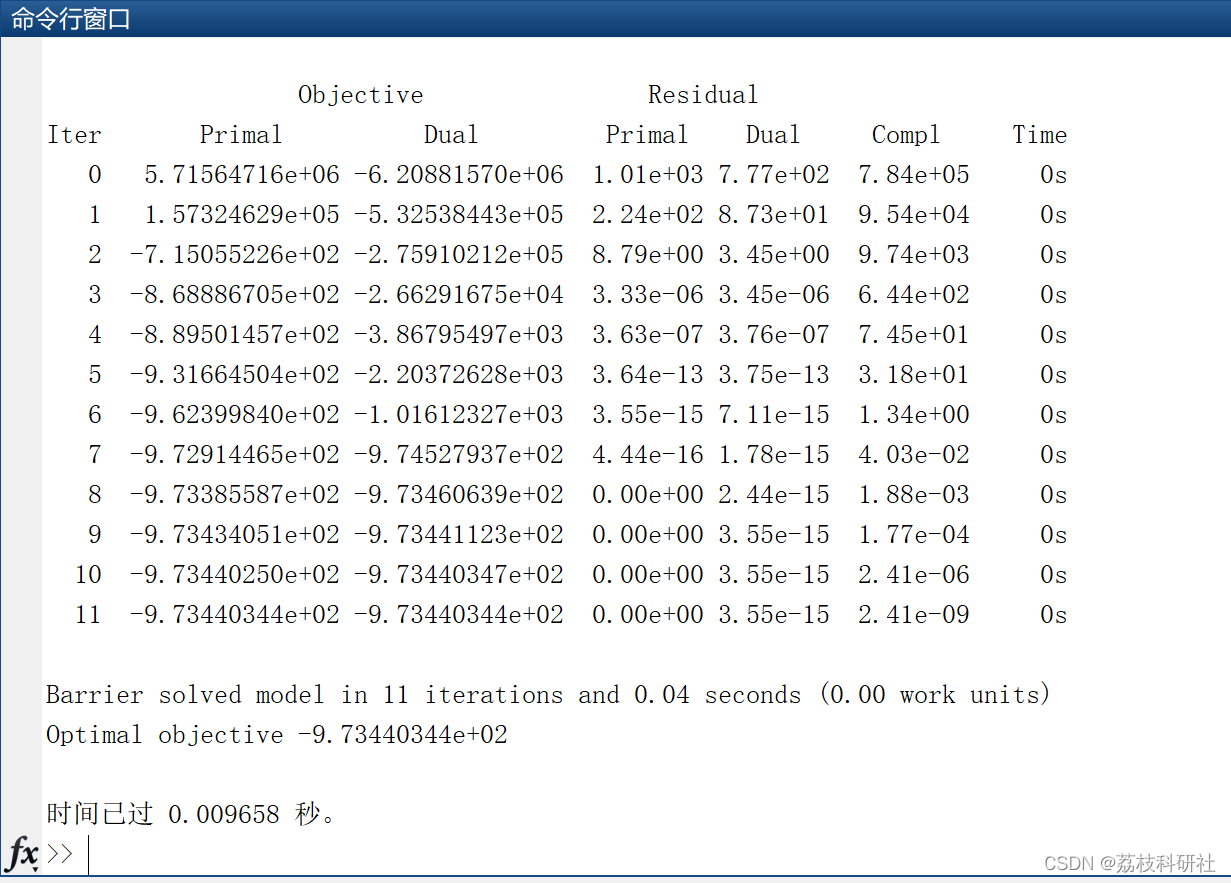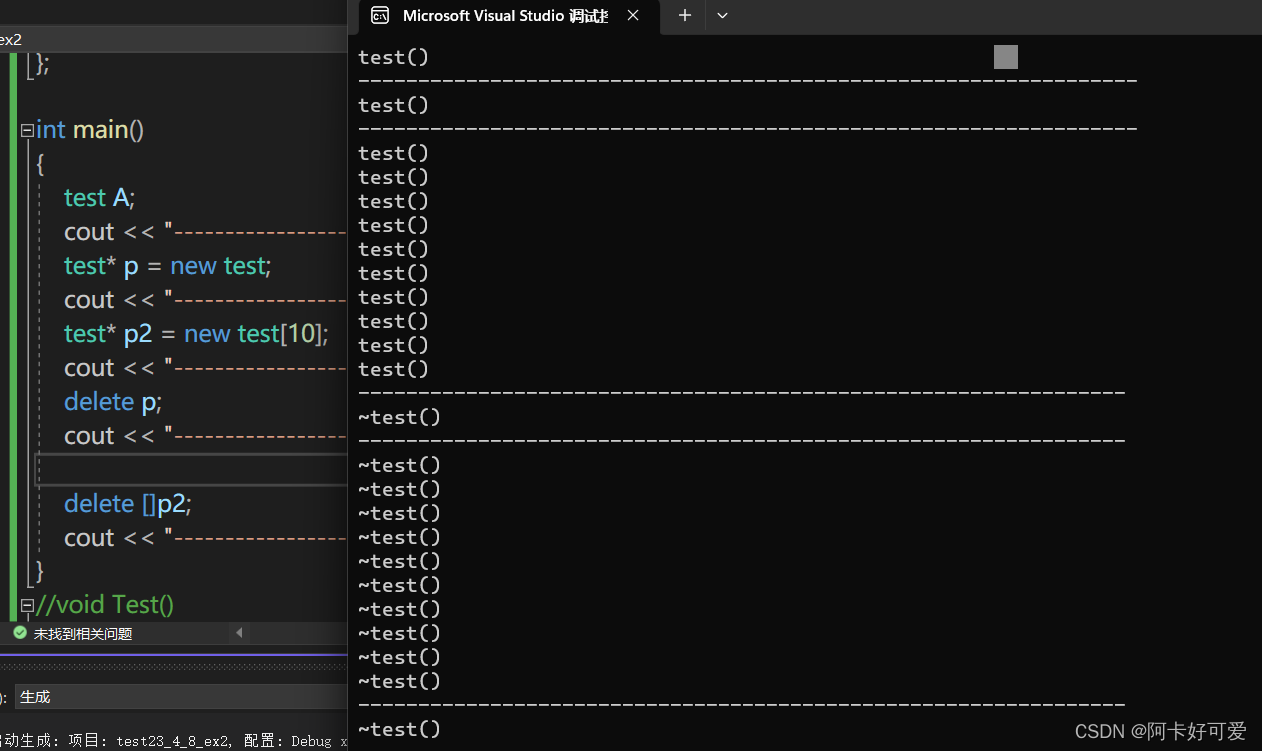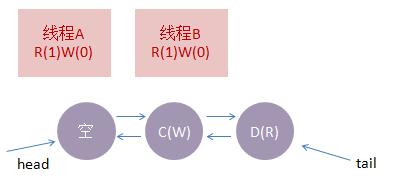文章目录
- 一、题目
- 🔸题目描述
- 🔸输入输出
- 🔸样例1
- 二、代码参考
- 作者:KJ.JK
🌈 🌈 🌈 🌈 🌈 🌈 🌈 🌈 🌈 🌈 🌈 🌈 🌈
🍂个人博客首页: KJ.JK
💖系列专栏:华为OD机试(Java&Python&C语言)
一、题目
🔸题目描述
Jessi初学英语,为了快速读出一串数字,编写程序将数字转换成英文:
具体规则如下:
1.在英语读法中三位数字看成一整体,后面再加一个计数单位。从最右边往左数,三位一单位,例如12,345 等
2.每三位数后记得带上计数单位 分别是thousand, million, billion.
3.公式:百万以下千以上的数 X thousand X, 10亿以下百万以上的数:X million X thousand X, 10 亿以上的数:X billion X million X thousand X. 每个X分别代表三位数或两位数或一位数。
4.在英式英语中百位数和十位数之间要加and,美式英语中则会省略,我们这个题目采用加上and,百分位为零的话,这道题目我们省略and
下面再看几个数字例句:
22: twenty two
100: one hundred
145: one hundred and forty five
1,234: one thousand two hundred and thirty four
8,088: eight thousand (and) eighty eight (注:这个and可加可不加,这个题目我们选择不加)
486,669: four hundred and eighty six thousand six hundred and sixty nine
1,652,510: one million six hundred and fifty two thousand five hundred and ten
说明:
数字为正整数,不考虑小数,转化结果为英文小写;
保证输入的数据合法
关键字提示:and,billion,million,thousand,hundred
🔸输入输出
输入
输入一个long型整数
输出
输出相应的英文写法
🔸样例1
输入
22
输出
twenty two
二、代码参考
/*
小于20的直接读数,如果个位和十位是0,则不需要读数(正百的100,例:one hundred);
如果有百位读取百位,
如果个位和十位是0,则不需要加and,否则需要加and,加hubdred,加百位 2、大于20的,依次添加个位,十位,百位;
添加百位的时候,先加and,加hundred,加百位
*/
import java.util.*;
public class Main {
public static void main(String[] args){
Scanner in = new Scanner(System.in);
String[] NUMS = {"zero", "one", "two", "three", "four", "five", "six", "seven",
"eight", "nine", "ten", "eleven", "twelve", "thirteen", "fourteen",
"fifteen", "sixteen", "seventeen", "eighteen", "nineteen", "twenty"};
String[] NUMSSHI = {"zero", "ten", "twenty", "thirty", "forty", "fifty",
"sixty", "seventy", "eighty", "ninety"};
String[] POWER = {"", "hundred", "thousand", "million", "billion"};
while(in.hasNext()){
String line = in.nextLine();
StringBuilder sb = new StringBuilder();
ArrayList<String> lists = new ArrayList<>();
if(!line.matches("\\d+")){//如果匹配的不是数字
System.out.println("error");
}
int linenum = Integer.parseInt(line);
int power = 1;//单位
while(linenum != 0){
if(power != 1){
lists.add(POWER[power]);//添加单位
}
int t = linenum % 1000;//取低三位
//注意小于20,直接读
if(t % 100 <= 20){
if(t % 100 != 0){//十位和个位是零的话就不需要读数了
lists.add(NUMS[t % 100]);
}
if(t / 100 != 0){//有百位
if(t % 100 != 0){//十位和个位是零的话就不需要添加and了
lists.add("and");
}
lists.add("hundred");
lists.add(NUMS[t / 100]);
}
}else{//大于20
// 有个位
if(t % 10 != 0){
lists.add(NUMS[t % 10]);
}
t /= 10;
// 有十位
if(t % 10 != 0){
lists.add(NUMSSHI[t % 10]);
}
t /= 10;
// 有百位
if(t % 10 != 0){
lists.add("and");
lists.add("hundred");
lists.add(NUMS[t % 10]);
}
}
linenum /= 1000;//每次缩小1000倍
power++;//单位*1000
}
//添加的时候,先添加低位,读数的时候先读高位,倒着读
for(int i = lists.size() - 1; i >= 0; i--){
if(i!=0){
sb.append(lists.get(i) + " ");
}else{
sb.append(lists.get(i));//最后一个不加空格
}
}
System.out.println(sb.toString());
}
}
}
--------------------------------------------------------
num1 = ['zero','one','two','three','four','five','six',
'seven','eight','nine','ten','eleven','twelve',
'thirteen','fourteen','fifteen','sixteen',
'seventeen','eighteen','nineteen']
num2 = [0,0,'twenty','thirty','forty','fifty','sixty',
'seventy','eighty','ninety']
# 100以内转英文
def n2w(n):
if n > 0:
if n < 20:
word.append(num1[n])
else:
word.append(num2[n//10])
if n%10 != 0:
word.append(num1[n%10])
# 1000以内转英文
def hun(n):
if n >= 100:
word.append(num1[n//100])
word.append('hundred')
if n % 100 != 0:
word.append('and')
n2w(n%100)
while True:
try:
n = int(input())
except:
break
else:
word = []
a = n % 1000 # 个十百位
b = (n//1000) % 1000 # 个十百千
c = (n//1000000) % 1000 #个十百m
d = n // 1000000000 # 个十百b
if d > 0:
hun(d)
word.append('billion')
if c > 0 :
hun(c)
word.append('million')
if b > 0:
hun(b)
word.append('thousand')
if a > 0 :
hun(a)
print(' '.join(word))
--------------------------------------------------------------
#include<stdio.h>
int main(){
int in;
char s2[10][10] = {"zero", "one", "two", "three", "four","five", "six", "seven", "eight", "nine"};
char s1[10][10] = {"ten", "eleven", "twelve", "thirteen", "fourteen", "fifteen",
"sixteen", "seventeen", "eighteen", "nineteen"};
char s0[10][10] = {"ten", "twenty", "thirty", "forty", "fifty",
"sixty", "seventy", "eighty", "ninety"};
scanf("%d",&in);
int m[9];
int k=8;
while(k>=0){
m[k] = in%10;
in = in/10;
k--;
}
int f_and = 0;
for(int i=0;i<3;i++){
int sum = 0;
for(int j=0;j<3;j++){
int idx = i*3+j;
sum += m[idx];
if(m[idx]!=0){
if(j==0){
printf("%s hundred ",s2[m[idx]]);
f_and = 1;
}
else if(j==1){
if(f_and==1){
printf("and ");
f_and = 0;
}
if(m[idx]>1) //输出>=20的整10数
printf("%s ",s0[m[idx]-1]);
else if(m[idx]==1 && m[idx+1]==0){ // ten
printf("ten ");
}
}
else{
if(f_and==1){
printf("and ");
f_and = 0;
}
if(m[idx-1]==1){
printf("%s ",s1[m[idx]]);
}
else{
printf("%s ",s2[m[idx]]);
}
}
}
}
if(sum!=0){
if(i==0)
printf("million ");
else if(i==1)
printf("thousand ");
}
}
}

作者:KJ.JK
文章对你有所帮助的话,欢迎给个赞或者 star,你的支持是对作者最大的鼓励,不足之处可以在评论区多多指正,交流学习

















